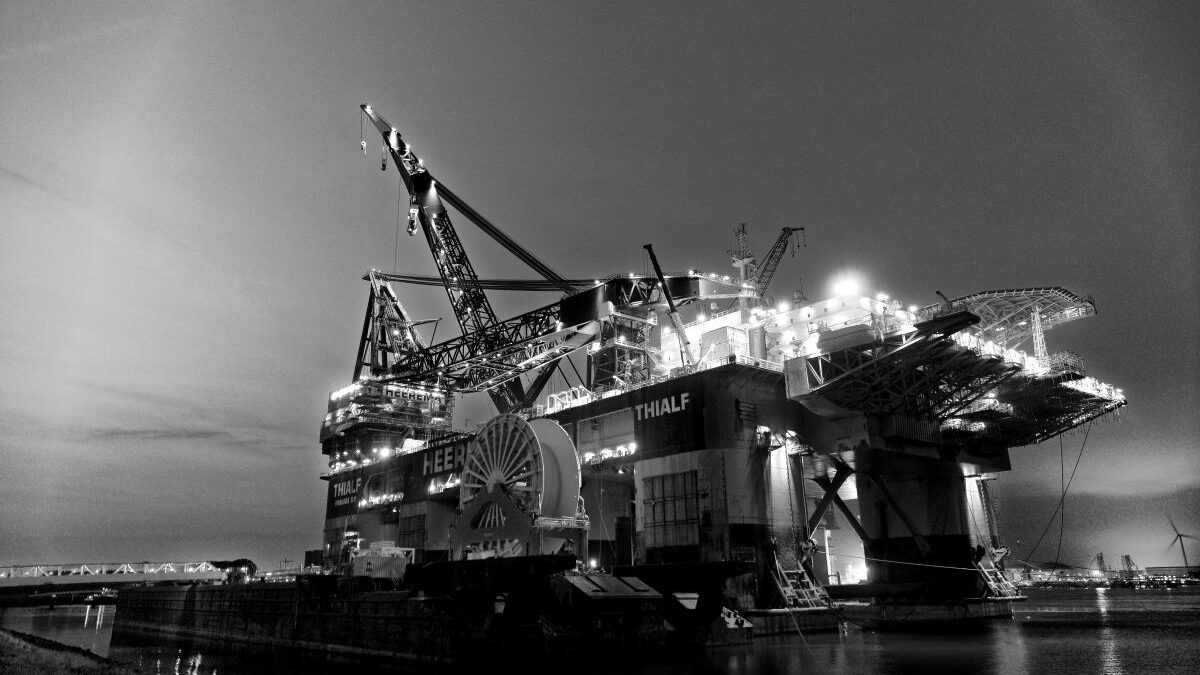
5 Steps to a Successful Industrial Lease Negotiation
May 2, 2020
The History of Coworking in a Timeline
May 16, 2020Life Conditions on Oil Rigs
Offshore oil fields represent a considerable portion of the world’s total crude oil output. In 2015, this part was 30%. Currently, there have been several discoveries made in Brazil, Norway, and Guyana, among others. Offshore oil activity is growing, and the demand for the workforce in the oil industry is increasing.
Everyone agrees that the opposite of oil rigging is boring. When you work on an offshore platform, you work where you live, and you work for long occupied hours. The work is always challenging, and it can also become perilous when the weather changes. But it could be highly rewarding work, with substantial career growth opportunities.
Before you leave
There is a set of minimum requirements for those interested in working offshore in the oil industry. These have mostly to do with physical and mental endurance. An oil company operates around the clock, and while the work is into shifting, these shifts are endless, so you would need to be able to last for 12 hours on the go and even more than that if you are a newcomer.
To apply for the least job on the platform, you must be at least 18 years old and have a high school diploma or its equivalent. Smoking and drinking are not allowed on offshore platforms, so the absence of these habits is an advantage.
Physical fitness is a must because the platform involves a lot of strength and physical work. Mental fitness is also a requirement because the working hours are up to two to four weeks, with no going back to the shore.
Survival training
Before you start your first task on an offshore platform, you will need to take a survival course because of the unforeseen dangers of work offshore, including harsh weather, combustible materials, and the present risk of equipment failure.
The oil and gas industry takes its health and safety seriously, so it has developed the Basic Offshore Safety Induction and Emergency Training Course, or BOSIET, which you would need to complete before you board the helicopter to the platform.
It’s no secret that they have healthy competition for job vacancies on oil platforms for their offshore jobs pay a lot better than work onshore. There are advantages, and there is a chance for a quick career rank, which makes these jobs even more desired, but you have to be ready to work from the lowest level.
The most basic—and most physically demanding—position on an offshore oil rig is that of the roustabout. The job of the roustabout is the one with the heaviest lifting and most prolonged work hours, and it also pays the least. Yet as a roustabout, you will acquire a lot of valuable skills in drilling equipment maintenance, for example, and electrical systems, as well as expertise that would then open up more specialized positions.
Conclusion
Working on an offshore rig or platform is undoubtedly challenging, even for the senior staff. Limited personal space, an extended absence from friends and family, and a tedious work schedule are not for everyone. Yet, for all the challenges, work on an offshore platform also offers opportunities for a lucrative career. There’s a marked path upwards, as long as you have ambition and the readiness to work hard, You can step up to the ladder.
To learn more about Offshore and Onshore tasks in the oil industry, Contact the G-tech team today.




